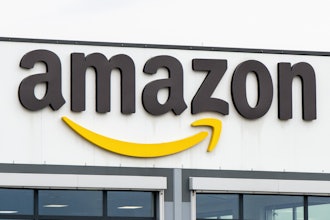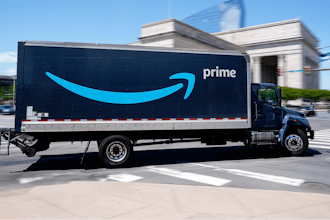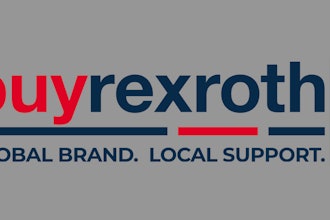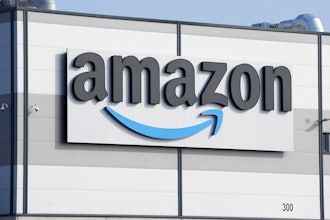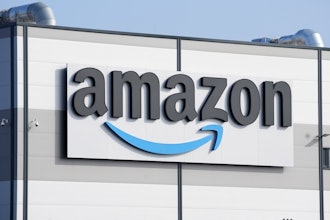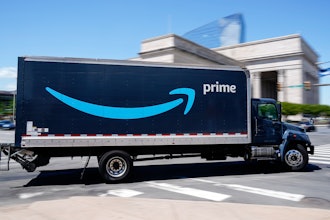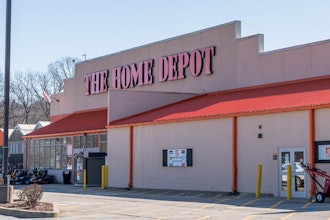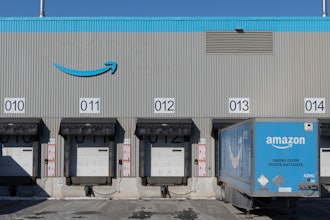B2B buyers increasingly expect B2C level e-commerce experiences in their corporate procurement. They expect supplier sites to offer varied and reliable product choices at the best prices. They are holding suppliers to high standards and are loyal to those that they have a good experience with. So, whether you’re a janitorial supply wholesaler, an office supply distributor, or a supplier of any other category, the customer experience offered is now crucially important.
Suppliers are investing heavily in advanced technologies and digital processes to revamp customer experience. However, these investments may not always deliver positive results, especially if they do not align with customer expectations.
Take, for example, a large North American wholesale supplier that recently undertook a project to migrate its customers to an advanced e-commerce platform. The migration caused a loss of sales and a fall in the net promoter score (the popular customer satisfaction tool, commonly known as NPS).
How did this happen? One issue was a simple lack of communication. The company rationalized its range and discontinued several unprofitable products, but didn’t inform its customers or sales teams. Without any notification, customers suddenly couldn’t find some of the products and brands they were looking for.
Another factor was that the supplier didn’t listen to its customers. If it had, the supplier would have known that they expected it to be a pure wholesaling company through whom they could fulfill all their procurement needs.
The biggest customer frustration, though, was that the supplier didn’t provide product alternates. Product alternates are a staple of the B2C shopping experience. As shoppers, we expect to be offered recommended products. For B2B, it should be no different. Customers appreciate having options, especially if they can save money.
Customers searching for products that had been rationalized away weren’t offered similar products. Hence, they couldn’t complete their procurement needs. And in cases of out of stock products, alternates could have helped save a sale.
Alternates can solve these problems and also help suppliers increase profit. Suppliers can get strategic and promote alternates sold by preferred suppliers. This can improve supplier relationship and boost business.
Suppliers can also use alternates to push private label products. Customers looking for national brands can be offered a private label item that could be cheaper but offer similar features. This helps introduce higher margin products to customers and increase sales.
For that North American wholesaler, provisioning alternates helped increase sales. Its NPS also improved and business was, once again, booming.
Provisioning alternates, however, is just one key piece of the puzzle when delivering good customer experience. Suppliers should invest to understand the gaps in their customer’s buying journey, explore ways to provide a consistent buying experience and deliver on customer expectations to keep raising the bar on customer experience.
Mihir Kittur is co-founder and chief commercial officer at Ugam, a global leader in data and analytics.










